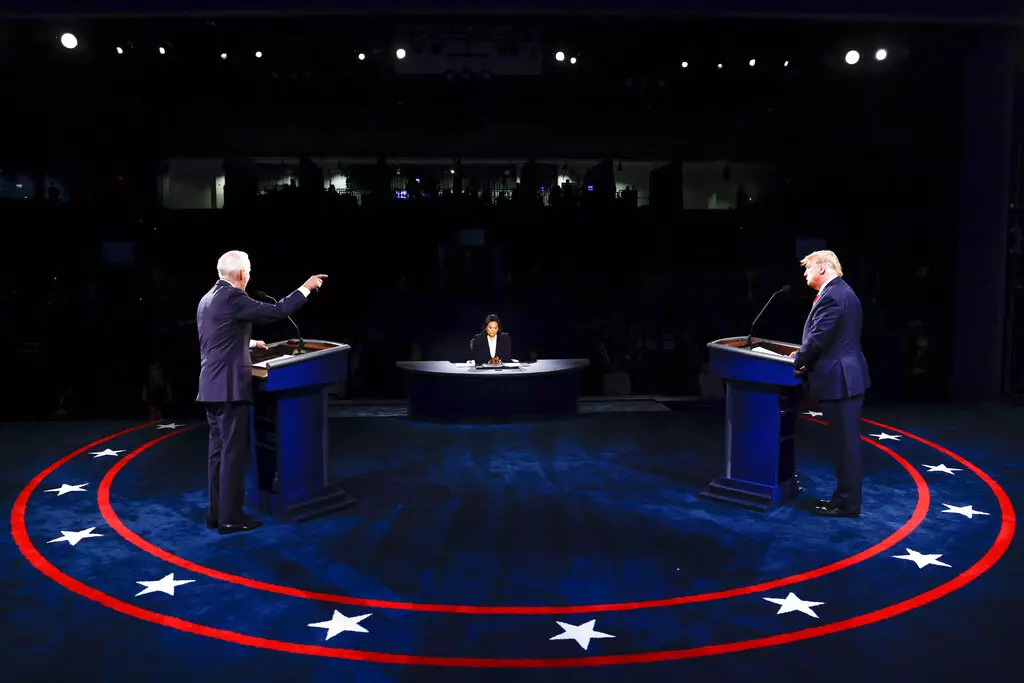Is 2024 about to become the new 1972? The last time Republican and Democratic presidential candidates did not directly debate was in 1972, when Richard Nixon faced George McGovern. With President Joe Biden hesitating to commit to debating Donald Trump this year, major broadcast networks and news outlets are pushing for both candidates to participate in general election debates before November. A joint letter from NBC, CBS, ABC, Fox News, and CNN urges the presumptive nominees to publicly commit to debating, emphasizing the importance of candidates sharing their visions for the nation with the American people through debates.
President Biden, known for his debate skills prior to taking office, has been focusing more on local, regional, and social media to reach voters. This shift in strategy aims to engage with voters in today’s multi-platform media landscape, where traditional network news viewership is declining. Despite this approach, Biden is making efforts to connect with specific voter demographics, such as an hour-long interview with Univision to reach Latino voters. However, Biden’s reelection campaign seems to be hesitant about committing to traditional televised debates this early in the election cycle.
On the other hand, Donald Trump’s history with debates raises doubts about his willingness to participate in scheduled debates. Trump has a track record of disregarding time limits, formats, and rules during debates, causing concerns about his compliance with debate guidelines. In past instances, Trump has pulled out of debates or refused to debate altogether, citing various reasons. His behavior during the 2020 debates, marked by chaos and contentious exchanges, further complicates the prospect of future debates in the 2024 election cycle.
The reluctance of candidates to participate in debates is not a new phenomenon in American presidential elections. Historical examples, such as Richard Nixon in 1968 and 1972, and Lyndon B. Johnson in 1964, demonstrate instances where candidates chose to avoid debates for strategic reasons. These decisions, influenced by past electoral outcomes and campaign priorities, highlight the complexity of the debate format in shaping public perception and electoral outcomes.
Debates play a crucial role in shaping public perception of candidates and their policies, making them a key component of the electoral process. From the era of JFK and Nixon in 1960 to the modern-day debates between presidential candidates, the dynamics of debates have evolved to reflect the changing media landscape and voter expectations. The ability of candidates to engage in constructive dialogue and present their platforms effectively can influence voter decisions and ultimately determine the outcome of the election.
The question of whether the 2024 presidential election will witness a repeat of debate avoidance or a renewed commitment to engaging in public debates remains uncertain. The divergent approaches of the Biden and Trump campaigns, coupled with historical precedents of debate avoidance, highlight the complexities and strategic considerations involved in the decision to participate in debates. As the electoral landscape continues to evolve, the role of debates in shaping voter perceptions and influencing election outcomes underscores the significance of candidates’ engagement in this crucial aspect of the democratic process.

Leave a Reply